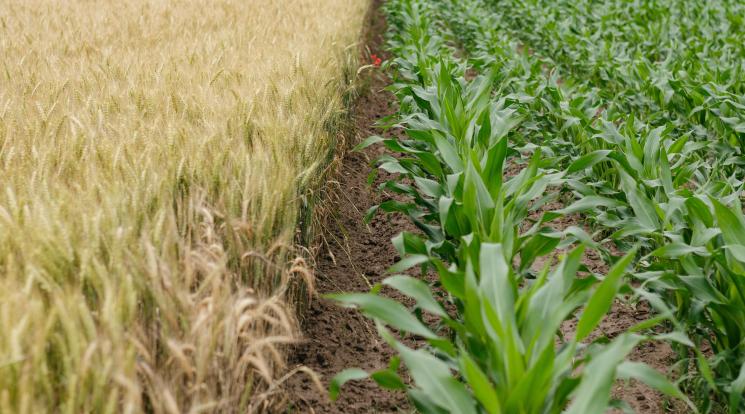
Climate Smart Technology Networks (CSTNets)
Focus area(s)
Archived Projects
Archived ProjectsClimate Smart Technology Network (CSTNets) is part of the 2014-2019 Climate Change for Agriculture and Food Security (CCAFS) Flagship Four initiative. Research on this project conducts network surveys and analysis to better understand a range of factors affecting the diffusion and uptake of climate smart technologies (CST) in Uganda and Tanzania, thereby providing the evidentiary basis for identifying policy interventions. The network surveys will facilitate analysis of three levels of actors, and the patterns of information, incentives, guidance, and influence within and between them. First, they will examine horizontal flows of information, technology, influence, concerning CSTs within representative sample groups of farmers and farming communities. Second they will identify the range of actors/organizations involved in the development/supply of agricultural CSTs national-wide and horizontal flows of information, influence, resources, etc among them. Importantly, the surveys will collect data on the flows of information, incentives, influence between these two levels, with the possibility of differentiating information gathered on the basis of CST adopters/non-adopters, gender, assets, etc. Analysis will demonstrate empirically whether or not women and others have structural or relational advantages or disadvantages that affect access to information or other types of resources related to climate-smart technologies. Third, the surveys will facilitate comparative analysis of data provided by both the farmer-users and the CST providers. As such they will explore empirically policy challenges and gaps in assistance to farmers as the ultimate end users of CSTs. The surveys will be conducted at two points in time, across four years, to assess the effect of policy interventions on structures, resource flows, access to and use of innovations, and, with other proposed activities, examine potential impacts on climate informed agricultural practices and food security.